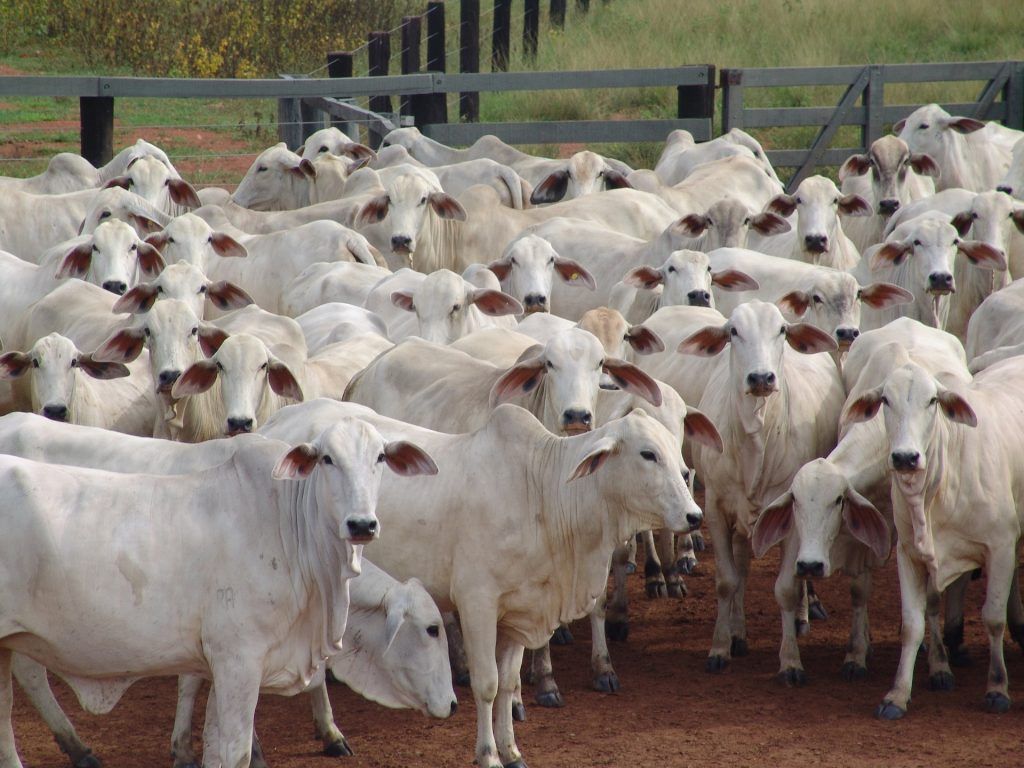Brazil is the leading exporter of soybeans, poultry, beef, sugar and coffee, and the second largest exporter of corn and cotton, according to World Trade Organization (WTO) data.
In addition, Brazil’s long-standing agribusiness competitiveness and the trend of its production and exports have been supported by sustained investments in agricultural research, consolidating the country’s leadership as a major agricultural producer and exporter.
In 2021, agribusiness was responsible for US$120.5 billion in exports, which accounted for 43% of Brazil’s total exports.
Thus, the Brazilian share of world trade in the sector is 6.6 percent.
The supply and demand balance of the National Supply Company (CONAB) of November 9, 2022 estimates corn exports in the order of 38.5 and 45.0 million tons for the years 2022 and 2023, respectively.
Specifically for 2021, production was down 15% from the previous year.
This was the worst corn crop performance since the 2017/18 harvest, due to delayed rains at the start of planting of the first crop and drought and frost in the main producing states during the second crop.
This production performance influenced export dynamics.
Exporter of soybeans
From the market point of view, the profitability of crops such as soybean, corn and cotton, which have good liquidity and low world stocks, guides the increase in production.
In addition, the outlook is for continued strong demand for these products in the international market, considering that oil prices are still at high levels, which favors the demand for biofuels, which in turn contributes to maintaining good prices for soybeans and corn. Also, the outlook for growth in soybean area creates a good outlook for growth in second-crop corn area in Brazil.
In 2022, the Brazilian economy experienced pressure on price levels.
Above all, the global supply constraint has pressured the prices of foodstuffs such as soybeans, corn and wheat, as well as fuels and fertilizers.
Brazil is a major exporter of soybeans and corn, but domestic price parity with the international price means that Brazilian consumers are also affected.
On the other hand, Brazil is a major importer of fuels and fertilizers. The import price of these products doubled during the year.

